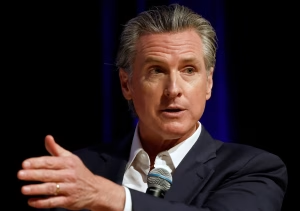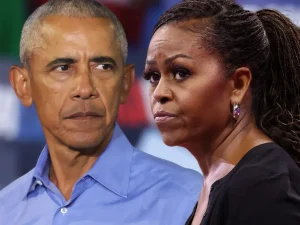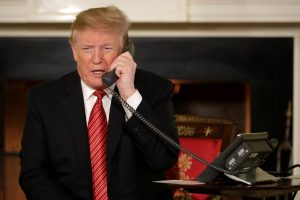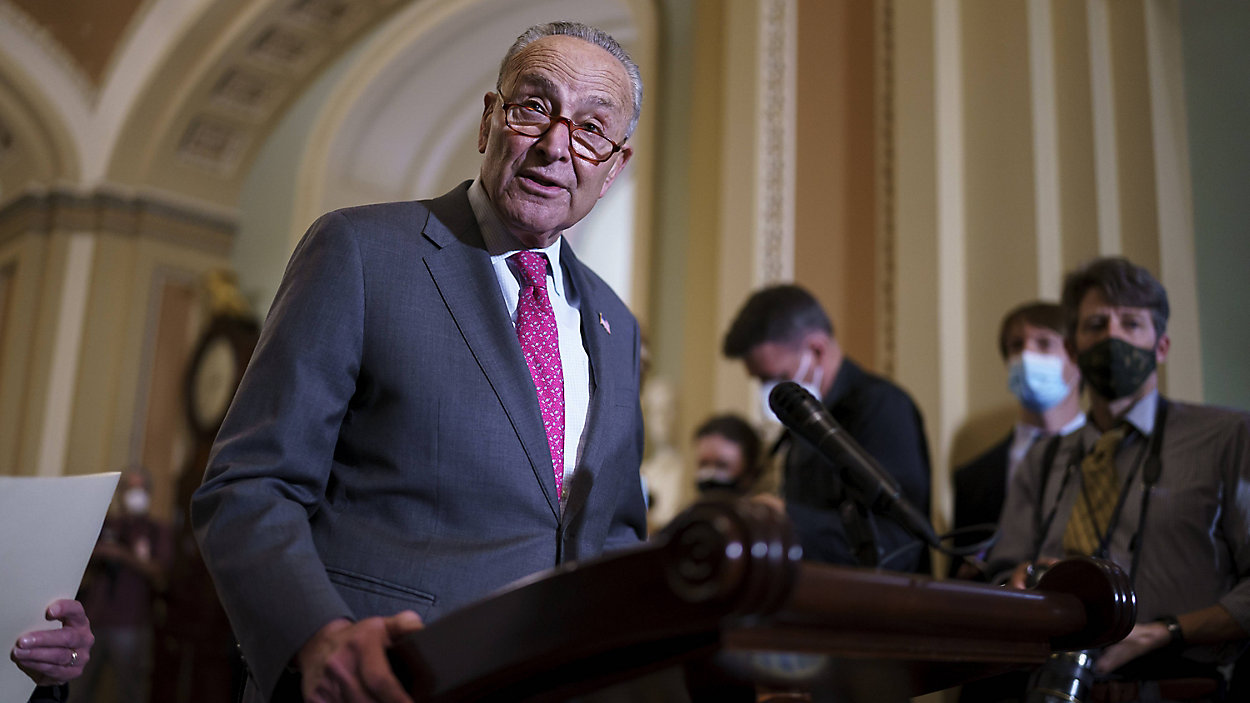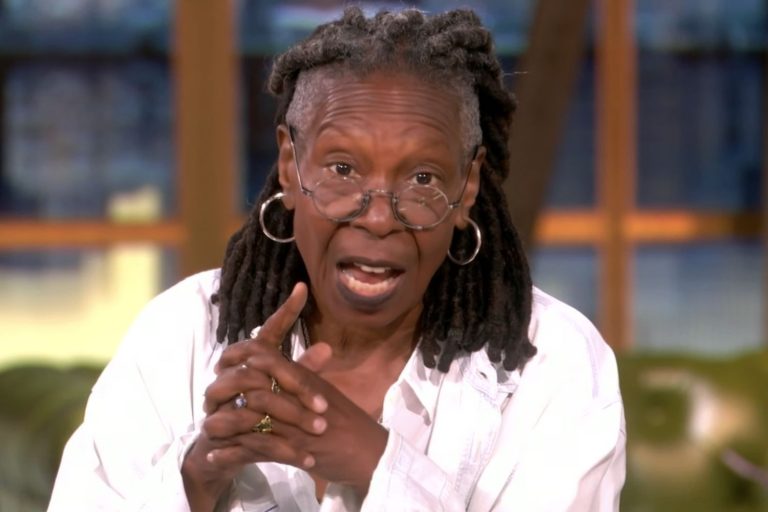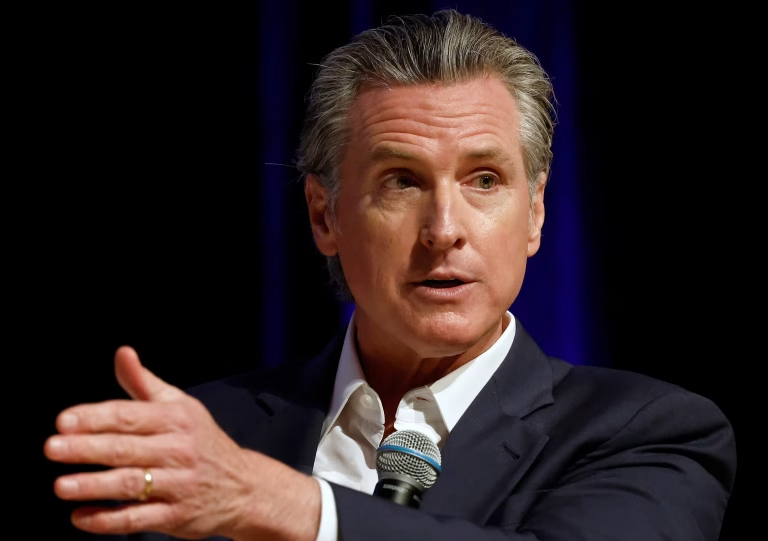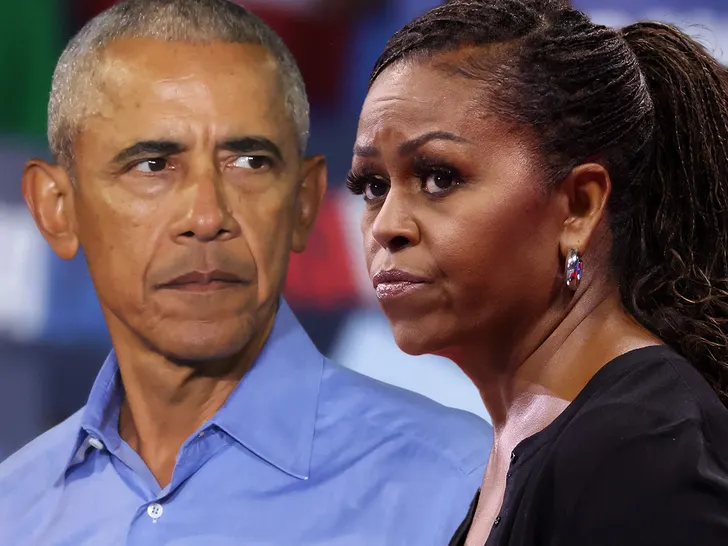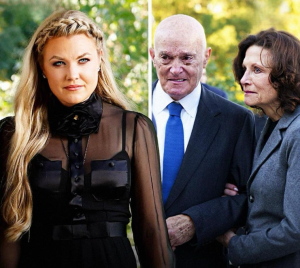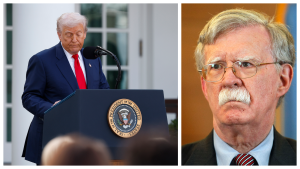On October 1, 2025, Senate Minority Leader Chuck Schumer appeared on CNN’s News Central to discuss the ongoing U.S. government shutdown, a development that has captured national attention and stirred debate over political responsibility and policy priorities. During the interview, CNN anchor John Berman pressed Schumer on the Republican characterization of the shutdown as the “Schumer Shutdown.” The conversation drew additional attention when a brief technical issue momentarily interrupted the exchange, prompting a short pause as both parties confirmed the audio.
Background of the Shutdown
The federal government officially entered a shutdown at midnight on September 30, 2025, following Congress’s failure to pass a funding bill. At the heart of the impasse was a contentious policy disagreement over healthcare funding. Democrats sought to extend subsidies under the Affordable Care Act (commonly referred to as Obamacare) as part of the budget package. Republicans, however, rejected the inclusion of these provisions, insisting instead on a seven-week stopgap funding measure with no additional policy changes.
The shutdown led to the cessation of non-essential government operations, affecting numerous federal agencies and leaving many employees furloughed. Essential services, such as national security and certain public safety functions, continued, but the broader public faced disruptions in services ranging from passport processing to national park operations. The shutdown underscored the immediate consequences of legislative gridlock in a deeply polarized political environment.
The CNN Interview
During the interview, Berman questioned Schumer about the “Schumer Shutdown” label, which Republicans had circulated in statements and on social media. Initially, Schumer appeared to have difficulty hearing the question due to a brief technical glitch. After confirming that the audio issue had been resolved, Schumer responded, emphasizing that Republicans had attempted to pressure Democrats into accepting their terms but that Democrats had resisted those efforts.
He framed the situation as one in which both parties needed to negotiate a resolution that would protect American healthcare while addressing budgetary concerns. Schumer highlighted the Democrats’ position that the continuation of ACA subsidies was critical to millions of Americans who rely on them for access to affordable healthcare.
The interview offered a glimpse into the political tensions underpinning the shutdown, illustrating the challenge of navigating a legislative environment where both sides view the stakes in starkly different terms.
Political Divisions
The exchange with CNN highlighted the fundamental ideological divide between Democrats and Republicans on healthcare and government funding. Democrats argue that maintaining Obamacare subsidies is essential for protecting vulnerable populations and ensuring continuity of care. Republicans counter that such measures represent a fiscal overreach that should not be included in a short-term appropriations bill.
This disagreement over policy priorities reflects a broader pattern of partisan conflict in Washington, where issues of governance are often intertwined with political messaging and electoral strategy. The “Schumer Shutdown” label, whether accurate or not, exemplifies the way political actors frame responsibility to influence public perception and media narratives.
Public Opinion
Public sentiment regarding the shutdown has been divided but shows a notable tilt in responsibility toward Republicans. An October 1 poll conducted by The Washington Post indicated that 47% of respondents believed that former President Donald Trump and Congressional Republicans bore primary responsibility for the shutdown. By contrast, 30% placed the blame on Democrats in Congress, while the remaining respondents were undecided or did not express a clear preference.
Historically, polls dating back to 1995 have consistently shown the public attributing greater responsibility for government shutdowns to the party controlling Congress or the presidency at the time. In every major shutdown over the last three decades, public opinion has tended to assign at least a ten-point higher level of responsibility to Republicans compared with Democrats.
Implications of the Shutdown
The shutdown has had immediate and tangible effects on federal operations. Non-essential government employees were furloughed, travel and permit processing was delayed, and public services were temporarily disrupted. Beyond these operational challenges, the political consequences are significant. Both parties face pressure from constituents, advocacy groups, and businesses affected by the shutdown.
For lawmakers, the shutdown represents both a policy impasse and a test of political endurance. Resolving the standoff requires negotiation and compromise in a context of heightened partisan tension, where the stakes are not only legislative but symbolic. The longer the impasse continues, the greater the potential for public frustration and economic ripple effects, particularly for workers and industries dependent on federal operations.
Media Scrutiny
The CNN interview with Schumer exemplifies the role of media during government shutdowns. News organizations often serve as intermediaries, relaying questions from the public and holding elected officials accountable for their positions and actions. The technical glitch during the interview momentarily interrupted the flow, but it did not diminish the coverage’s impact. The exchange illuminated both the rhetoric used by political leaders and the pressures they face from constituents and party leadership.
Coverage of the shutdown across multiple networks has underscored a broader theme: the public’s expectation that elected officials demonstrate responsibility and transparency in times of governmental disruption. Interviews such as Schumer’s allow voters to gauge the reasoning and demeanor of key leaders amid national crises.
Ongoing Negotiations
As of the October 1 interview, negotiations between Democrats and Republicans had not produced a breakthrough, and the government shutdown remained in effect. Congressional leaders were under increasing pressure to find a compromise that could reopen the government while addressing the contentious issues surrounding healthcare subsidies.
The ongoing stalemate reflected the complexities of modern governance, where ideological rigidity and electoral considerations often intersect with the practical need to maintain essential services. Observers have noted that the duration of the shutdown could have long-term implications for public confidence in the legislative process and for the political fortunes of those involved.
Conclusion
The events surrounding the government shutdown on October 1, 2025, highlight the multifaceted challenges of federal governance in a polarized political climate. They underscore the importance of negotiation, dialogue, and compromise in resolving disputes over policy and funding.
The CNN interview with Chuck Schumer illustrated the intricate balance lawmakers must strike between defending policy positions and responding to public scrutiny. The technical glitch that briefly disrupted the conversation served as a reminder that even in carefully managed communications, human and technological factors can influence perception and interpretation.
Public opinion suggests a leaning toward assigning responsibility to Republican leadership, reflecting historical trends and the public’s desire for accountability. At the same time, the shutdown exemplifies the high stakes and practical consequences of political disagreement, particularly when disagreements affect the functioning of government and the livelihoods of federal employees.
As the shutdown continues, the situation raises broader questions about the effectiveness of the legislative process, the need for bipartisan cooperation, and the capacity of Congress to address pressing national issues in a timely and responsible manner. Ultimately, the events of October 1, 2025, serve as a vivid reminder that political polarization has real-world consequences, and that meaningful dialogue and compromise are essential to maintaining the continuity and credibility of government institutions.

Emily Johnson is a critically acclaimed essayist and novelist known for her thought-provoking works centered on feminism, women’s rights, and modern relationships. Born and raised in Portland, Oregon, Emily grew up with a deep love of books, often spending her afternoons at her local library. She went on to study literature and gender studies at UCLA, where she became deeply involved in activism and began publishing essays in campus journals. Her debut essay collection, Voices Unbound, struck a chord with readers nationwide for its fearless exploration of gender dynamics, identity, and the challenges faced by women in contemporary society. Emily later transitioned into fiction, writing novels that balance compelling storytelling with social commentary. Her protagonists are often strong, multidimensional women navigating love, ambition, and the struggles of everyday life, making her a favorite among readers who crave authentic, relatable narratives. Critics praise her ability to merge personal intimacy with universal themes. Off the page, Emily is an advocate for women in publishing, leading workshops that encourage young female writers to embrace their voices. She lives in Seattle with her partner and two rescue cats, where she continues to write, teach, and inspire a new generation of storytellers.

